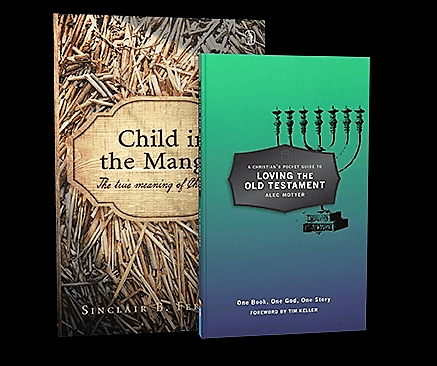December 4
Groaning for Redemption
We ourselves . . . Groan inwardly as we wait eagerly for adoption as sons, the redemption of our bodies. - Romans 8:23
This groaning is common among God's people: To a greater or lesser extent we all feel it. It is not the groan of murmuring or complaint: It is a note of desire rather than of distress. Having received a deposit, we desire the rest of our portion; we are sighing that our entire manhood, in its trinity of spirit, soul, and body, may be set free from the last trace of the Fall; we long to discard the rags of corruption, weakness, and dishonor and to be clothed with incorruption, immortality, glory—the spiritual body that the Lord Jesus will bestow upon His people.
We long for the manifestation of our adoption as the children of God. "We . . . groan," but it is "inwardly." It is not the hypocrite's groan, by which he would make men believe that he is a saint because he is wretched. Our sighs are sacred things, too holy and too personal for us to broadcast. We keep our longings for our Lord to ourselves. Then the apostle says we "wait," by which we learn that we are not to be petulant, like Jonah or Elijah when they said, "Let me die"; nor are we to whimper and sigh for the end of life because we are tired of work or wish to escape from our present sufferings till the will of the Lord is done. We are to groan for glorification, but we are to wait patiently for it, knowing that what the Lord appoints is best.
Waiting implies being ready. We are to stand at the door expecting the Beloved to open it and take us away to Himself. This groaning is a test. You can learn a lot about a man by what he groans after. Some men groan after wealth—they worship money; some groan continually under the troubles of life—they are merely impatient. But the man who sighs after God, who is uneasy until he is made like Christ—that is the blessed man. May God help us to groan for the coming of the Lord and the resurrection that He will bring to us.
Family Bible reading plan
verse 1 Nahum 2
verse 2 Luke 18
Child in the Manger: The True Meaning of Christmas
The birth of Jesus divided history into two major epochs. Until the dawn of our hyper-sensitive age, even the way we dated events underscored this. From time immemorial, every day, week, month, and year has been described as either “B.C.” (“Before Christ”) or “A.D.” (Anno Domini, “in the year of our Lord”). Even the modern, pluralistic style abbreviations, B.C.E. (“Before the Common Era”) and C.E. (“Common Era”) cannot obliterate the indelible impress of Jesus birth. For what makes the “Common Era” so “common”? And what explains the dividing line date? The answer is the same: the birth of Jesus. At the very center of history stands the person of Jesus Christ. And He does so because He is at the center of God’s story.
Click here to learn more about Truth For Life
From Morning & Evening revised and edited by Alistair Begg copyright © 2003. Used by permission of Crossway Books, a publishing ministry of Good News Publishers, Wheaton, IL 60187, www.crossway.org.



